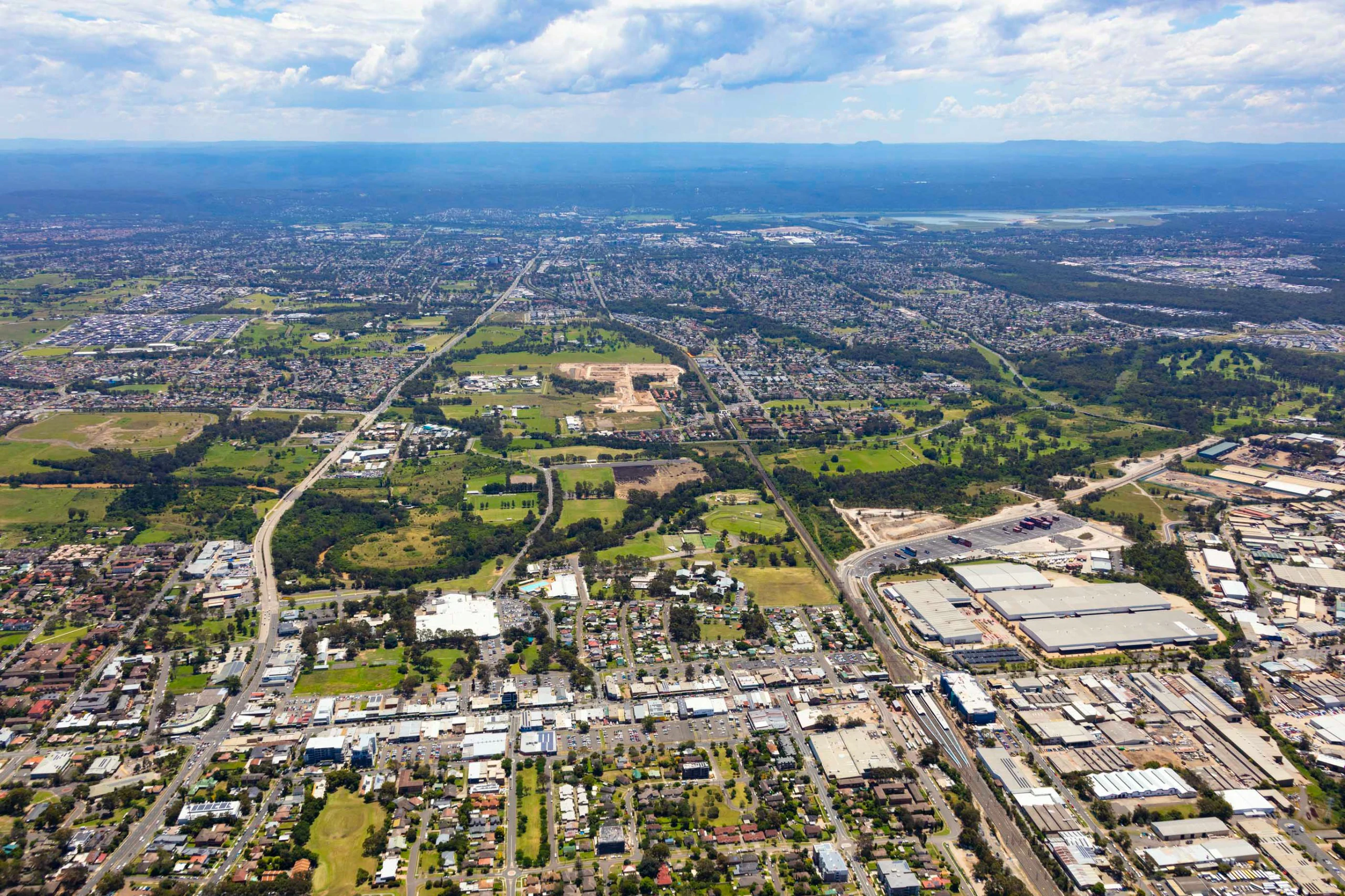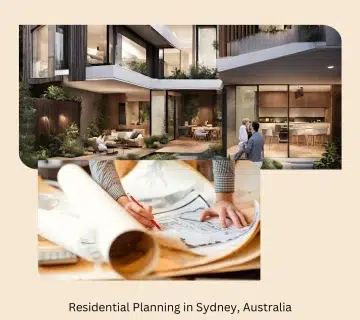Shaping Our Cities: A Comprehensive Guide to Urban Planning in Penrith and Beyond
This comprehensive guide dives into the ripper world of urban planning, exploring its various areas and their relevance to Penrith, Australia and beyond. We’ll delve into specific local services like landscape design and building permits while checking out broader themes like climate change and community engagement in urban planning. Whether you’re a homeowner, an aspiring urban planner, or just curious about shaping your city’s future, this guide offers valuable insights.
Penrith in Focus: Local Urban Planning Services
1. Landscape Design in Penrith: Penrith’s natural beauty provides a stunning backdrop for residential and commercial spaces. Landscape designers play a crucial role in creating functional and aesthetically pleasing outdoor areas. They consider factors like:
- Site analysis: Understanding soil composition, sun exposure, and drainage patterns is vital for selecting appropriate plants and features.
- Water-wise solutions: Incorporating drought-resistant plants and rainwater harvesting systems is essential in the Aussie climate.
- Creating usable spaces: Designing patios, decks, and walkways that cater to your lifestyle and needs.
- Native flora integration: Utilizing native Australian plants not only adds beauty but also supports local ecosystems.
Maryana Fahim, a highly skilled town planner in Penrith, can help you create a stunning and sustainable design that complements your property and lifestyle.
2.Interior Design in Penrith:How we design our interiors significantly impacts our well-being and productivity. Interior designers in Penrith can help you create functional and stylish living and working spaces. Their expertise includes:
- Space planning:Optimizing layouts to maximise functionality and flow.
- Colour palettes and finishes:Selecting colours, textures, and materials that create the desired ambience.
- Furniture selection:Choosing furniture that complements the space and your lifestyle needs.
- Lighting design:Creating a layered lighting plan that caters to different activities and moods.
3.Building Design in Penrith:A new home or commercial space requires a skilled designer. Penrith-based building designers can translate your vision into a functional, aesthetically pleasing design that meets local regulations. They specialise in:
- Residential design:Crafting dream homes that suit your budget and lifestyle, from modern bungalows to family-friendly abodes.
- Commercial design:Designing functional and visually appealing commercial spaces that meet your business needs.
- Drafting and documentation:Creating detailed drawings and specifications for builders and engineers.
4.Building Permits in Penrith: Obtaining a building permit from Penrith City Council is crucial before starting any construction project. The permit application process involves:
- Submitting detailed plans:These plans, prepared by your building designer or architect, outline the project scope and specifications.
- Compliance checks:The council ensures your project adheres to all relevant building codes and planning regulations.
- Fees and inspections:Building permit fees vary depending on the project’s complexity. Council inspectors will conduct site visits to ensure compliance throughout construction.
The Broader Urban Planning Landscape
Urban Planning Projects in Penrith:
Penrith is undergoing exciting urban planning projects to create a more sustainable, liveable, and vibrant city. Some key initiatives include:
- The Penrith CBD Revitalisation Project aims to revitalise the city centre with improved public spaces, pedestrian walkways, and mixed-use developments.
- The Western Sydney University Innovation Precinct:This project fosters collaboration between the university, industry, and the community to develop innovative and sustainable urban solutions.
- The Penrith Lakes Scheme Master Plan:This plan outlines strategies for managing and enhancing the iconic Penrith Lakes area, promoting recreation, tourism, and ecological conservation.
Property Development in Penrith:
Property development plays a significant role in shaping Penrith’s urban landscape. Sustainable development practices are increasingly important, focusing on:
- Creating a mix of housing options:Catering to diverse needs with apartments, townhouses, and standalone homes.
- Innovative growth principles:Encouraging development in urban areas with access to public transport and amenities.
- Integrating green spaces:Incorporating parks, plazas, and green roofs to improve air quality and liveability.
Sustainability in Urban Planning:
Sustainability is a core principle in modern urban planning. Strategies include:
- Energy-efficient buildings:Promoting the use of energy-efficient building materials and technologies.
- Renewable energy sources:Integrating solar panels, wind turbines, and other renewable energy sources into urban infrastructure.
- Green infrastructure:Utilizing parks, green roofs, and bioswales to manage stormwater runoff and mitigate urban heat island effect.
- Sustainable transportation:Prioritising public transport, cycling, and walking infrastructure to reduce car reliance.
ABOUT Our Maryana PLANNER
Climate Change and Urban Planning:
Climate change poses immense challenges for urban planners. Fortunately, talented professionals like Maryana Fahim, a highly skilled town planner in Penrith, are spearheading strategies to mitigate its impact, which include:
- Designing for resilience:Building infrastructure that can withstand extreme weather events like floods and heatwaves.
- Reducing greenhouse gas emissions:Promoting energy-efficient buildings and sustainable transportation systems.
- Adapting to sea level rise:Protecting coastal communities by building seawalls and levees.
- Creating green infrastructure:Utilizing parks and green spaces to absorb carbon dioxide and reduce air pollution.
Technology in Urban Planning:
Technology plays an increasingly important role in urban planning. Some critical applications include:
- Data analytics:Using data to inform land use, transportation, and infrastructure development decisions.
- 3D modelling and visualisation:Creating realistic simulations of proposed developments to engage stakeholders and assess their impact.
- Innovative city technologies:Implementing sensors and networks to monitor and optimise urban systems like traffic flow and energy consumption.
Community Engagement in Urban Planning:
Community engagement is essential for successful urban planning. Strategies include:
- Public consultation:Holding public meetings and workshops to gather input from residents and stakeholders.
- Online engagement tools:Utilizing surveys and forums to reach a wider audience.
- Citizen participation programs involve residents in decision-making processes through community gardens and neighbourhood watch programs.
Urban Planning Laws in Australia:
Urban planning in Australia is governed by a complex framework of laws and regulations at the federal, state, and local levels. Key laws include:
- The Environmental Planning and Assessment Act 1979 (NSW) outlines the planning process for development projects in New South Wales, including Penrith.
- The Building Code of Australia:This code sets minimum standards for building construction to ensure safety and quality.
The Local Government Act 1993 (NSW) empowers local councils to regulate development and manage local services
Residential Planning in Australia: Challenges and Solutions
8. Challenges Facing Urban Planning in Australia:
Urban planning in Australia faces several challenges, including:
- Rapid population growth: Australian cities are experiencing rapid population growth, putting pressure on infrastructure and housing.
- Climate change: The increasing frequency and intensity of extreme weather events pose significant challenges for urban planners.
- Affordability: The rising cost of housing is making it difficult for people to live in major cities.
- Infrastructure congestion: Traffic congestion is a major problem in many Australian cities.
9. The Future of Urban Planning in Australia:
The future of urban planning in Australia will be shaped by several trends, including:
- The rise of smart cities: Australian cities are increasingly adopting smart technologies to improve efficiency and sustainability.
- The focus on sustainability: Urban planning will continue to prioritize sustainability measures to mitigate climate change and improve livability.
- The need for community engagement: Community engagement will be increasingly important in shaping the future of Australian cities.
10. Urban Planning as a Career:
Urban planning is a rewarding career that offers the opportunity to shape the cities we live in. To become an urban planner in Australia, you typically need a degree in urban planning, architecture, or a related field. You can also gain experience through internships and volunteer work.
11. Tips for Choosing an Urban Planner:
When choosing an urban planner, consider the following factors:
- Experience: Look for a planner with experience in the type of project you are working on.
- Qualifications: Ensure the planner has the relevant qualifications and professional memberships.
- Communication skills: Choose a planner who can communicate effectively with you and other stakeholders.
- Fees: Get quotes from several planners before making a decision.
12. Difference Between a Town Planner and a Planning Consultant:
The terms “town planner” and “planning consultant” are often used interchangeably. However, there is a subtle difference:
- Town planners: Typically work for local governments and are involved in developing and implementing planning policies.
- Planning consultants: Work in the private sector and provide consulting services to developers, businesses, and individuals.


